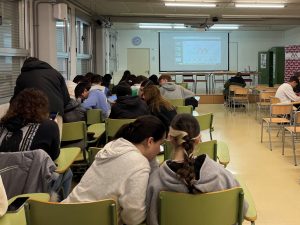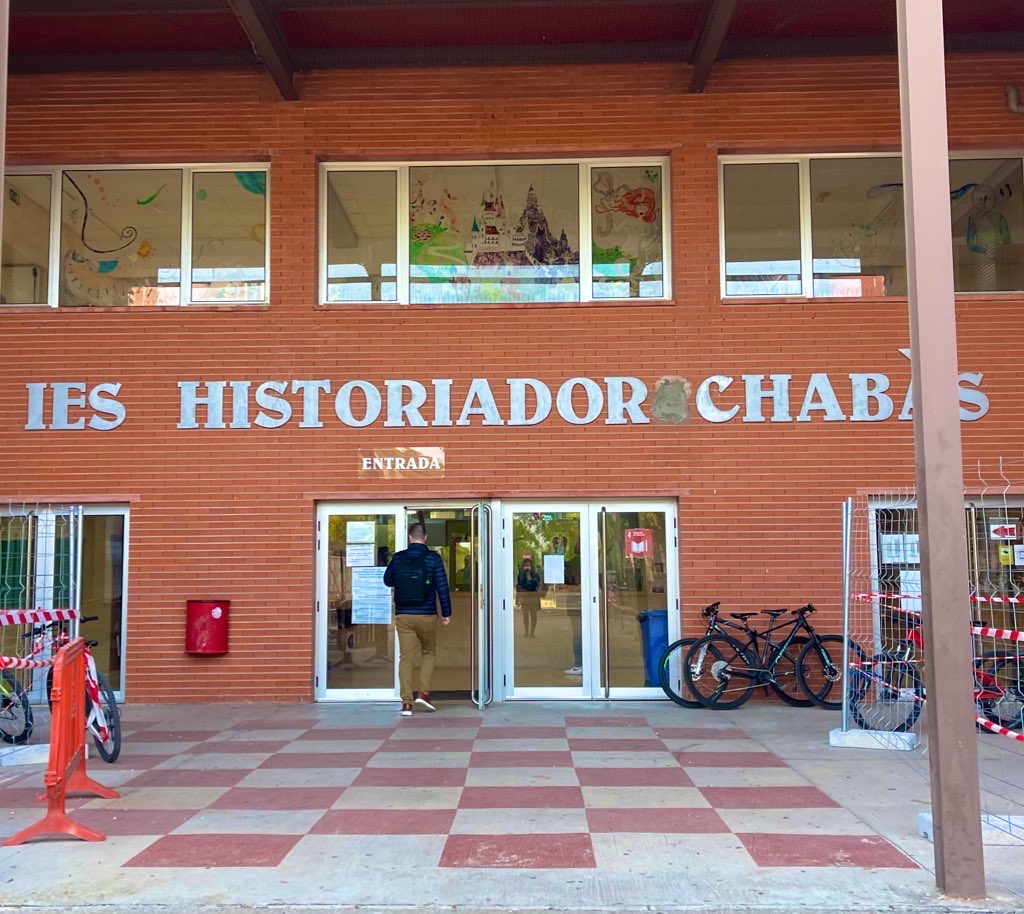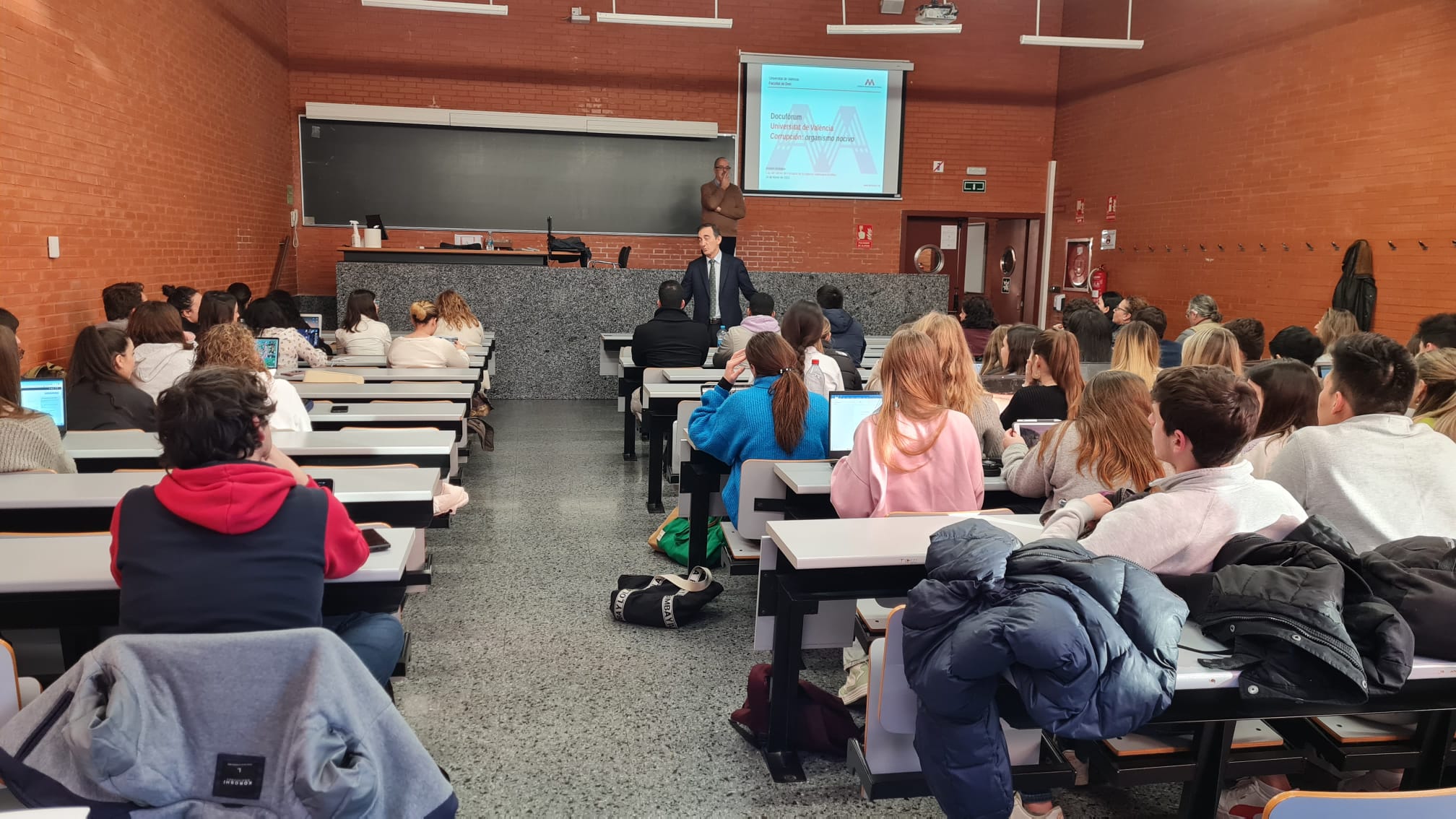#TrainingAVAF
Dénia has hosted a new training activity of the Valencian Antifraud Agency, consisting of the #DocuforumAVAF for educational centers and universities of the Valencian Community.
The IES Historian Chabàs has held two training sessions with the AVAF in its classrooms, aimed at students in 4th year of ESO and 1st year of Baccalaureate.
The learning experience offered by the Agency has been held in a single session, in which the participants have had the opportunity to watch the documentary “Corruption: harmful organism” and discuss at the end of it.
The students of the 1st year of high school have been the first to participate in the docuforum, showing interest in the investigation process upon receiving a complaint in the AVAF mailbox. The second #DocuforumAVAF held at the institute has had 4th ESO students as protagonists.
The #DocuforumAVAF sessions carried out at the IES Historian Chabàs in Denia, have been energized by the training technique Pilar Moreno. The AVAF Training Service uses gamification tools in the classroom to stimulate debate and encourage student participation in the docuforum.

During the conference at the IES Historian Chabàs, more than 100 students had the opportunity to learn about the work of the AVAF, its objectives, functions, structure, and present and future challenges in matters such as the protection of corruption informants and the systems of information.
With this new training activity at the IES Historian Chabàs in Denia, the Valencian Anti-Fraud Agency continues its presence in schools, institutes and universities throughout the Valencian Community.
If you are a university or high school teacher in the Valencian Community and you are interested in having the training activity “Docuforum: Corruption, harmful organism” carried out in your classroom, do not hesitate to contact the training service of the Valencian Anti-Fraud Agency via training@antifraucv.es.








